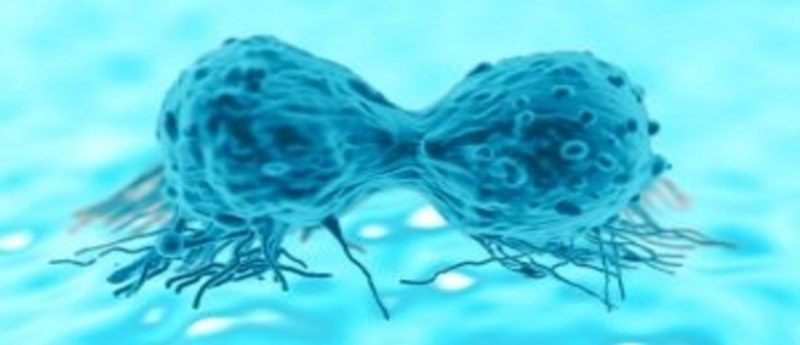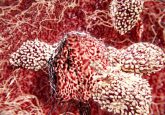Our top 5 articles on rare cancers – a note from the Editor

One definition of rare cancers is that with an incidence of less than six cases per 100,000 population each year. Identifying 198 cancers as rare leads to the estimate that they constitute 22% cancers. In the USA, the National Cancer Institute uses a definition of <15 per 100,000 which translates to rare cancers accounting for 25% of cancer-related deaths [1]. To mark Rare Disease Day we have collated our top content exploring the treatment options and clinical trials for rare cancers.
Arrival of dual immunotherapy basket trial designed for rare tumors
Common cancers have more standard-of-care treatment options than rare cancers and some rare cancers do not even have any established effective treatment options. Yet, most oncology trials are performed in common cancers, such as breast or colorectal cancers. By contrast, patients with rare tumors remain under-represented and often neglected. They mostly do not have any clinical trials they are eligible for.
Bridging the gap between the two, last year there was finally good news for patients with rare cancers; there is now a way to access immunotherapy in the clinic. Individuals with rare cancers were able to join a national immunotherapy clinical trial designed for a wide variety of rare tumors. It is the first federally funded immunotherapy trial devoted to rare cancers.
Read the full opinion piece here.
Understanding sarcomas and other rare tumors: an interview with Robin Jones
Sarcomas account for about 1% of all adult tumors and are made up of over 80 different histological subtypes. In this interview with world-renowned sarcoma expert, Robin L Jones (Royal Marsden, London, UK) you can discover the challenges in the diagnosis, treatment and clinical trials of sarcoma and other rare tumors. Robin also provides insider details of the immunology of various sarcoma subtypes research he is currently working on.
Click here to read the full interview.
Advancing treatment options for medullary thyroid cancer: an interview with Jonathan Wadsley
NICE recently announced their positive recommendation for Cometriq® for patients with medullary thyroid cancer. This is a real must for people with this rare form of cancer as Cometriq is the only licensed treatment option to be made routinely available on the NHS.
This announcement is a prime example of the success of the new-look NICE system as Cometriq had previously been available on the old-model Cancer Drugs Fund and has now successfully demonstrated cost-effectiveness to NHS, and clinical value in a real-world setting. Had the decision by NICE been negative, it would have meant that new patients would have no longer been able to benefit from this treatment.
Find out further details of this recommendation in our exclusive interview.
Should clinical trials be approached differently for rare cancers?
Randomized trials often require involvement of hundreds of patients to identify clinically meaningful differences – this holds even more true for rare cancer trials. In this editorial from Future Oncology, Ian Olver debates whether clinical trials should be approached differently [1].
You can access the full article here.
Rare tumors: an eye on the future
Cancers of the eye are rare, but have become the paradigm for the study of rare malignancies. Retinoblastoma, the commonest intraocular malignancy of childhood occurs in one in 18,000 live births. It was one of the first cancers to be assigned a genetic basis, with Knudson’s double hit hypothesis [1]. Whereas treatment was once limited to radiotherapy and/or surgical eye removal (enucleation), advances in chemotherapy have changed the treatment and prognosis of this tumor.
Click here to view the full article in Future Oncology.
Enjoyed this article? Why not check out:




